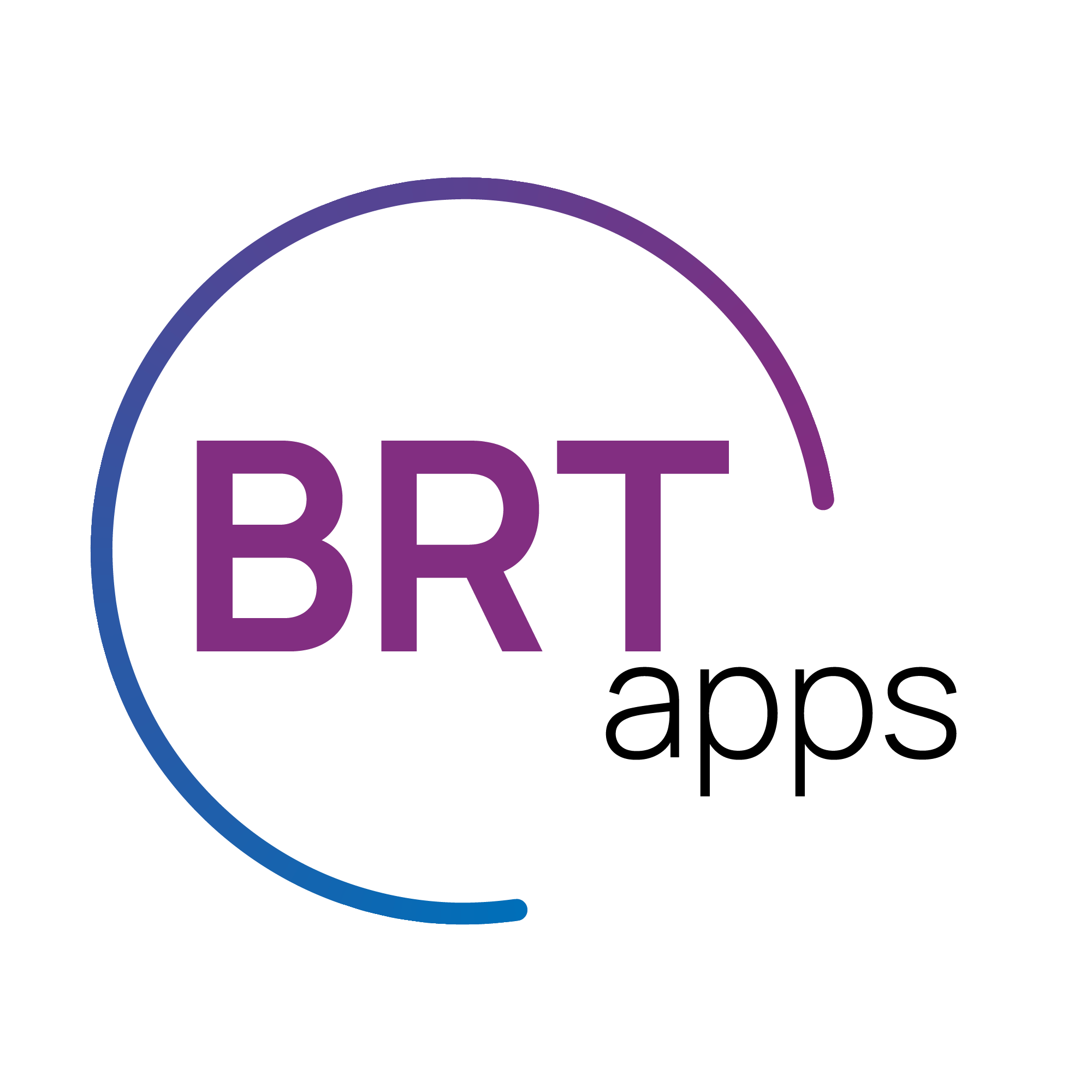About a decade ago, we published a technical report on learning progressions. As we note in that report, learning progressions involve building blocks of (sub)skills that students must master, with their assemblage sequenced, and eventually with increased difficulty and complexity that build into a whole. For example, in mathematics, the early subskills for becoming proficient moves from sets (grouping of objects and one-to-one correspondence) to counting, ordering, and eventually to the use of operations and algorithms to solve complex problems. In reading, the subskills involve phonemes, eventually with letters that build words for decoding (which often rely on inconsistent rules) but eventually lead to smooth and fluent reading (with prosody). In this report, we also note that these progressions are not curriculum maps, primarily because students are likely to vary in their own progressions and the rate in which they move through them, most likely in a nonlinear way.
Writing the Write Way
In this blog-guide, we address the three critical and sequential steps in teaching and assessing writing. Of course, we could have been more granular and expanded the process to far more specific steps but have kept the process to three with further articulation...
